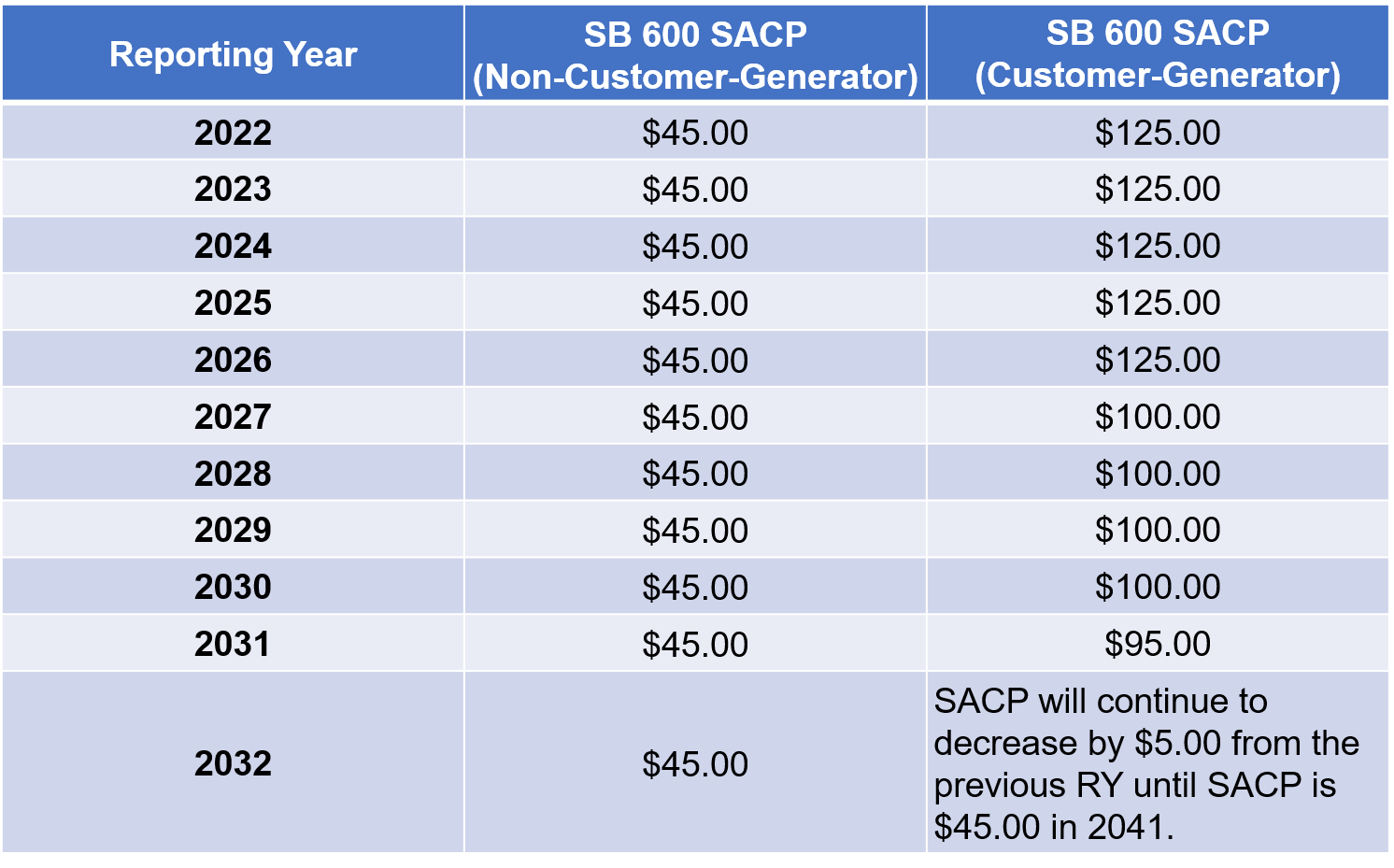On Friday, March 26th, Pennsylvania State Senators Art Haywood (D-Montgomery/Philadelphia) and Dan Laughlin (R-Erie) introduced legislation that would amend PA’s Alternative Energy Portfolio Standards (AEPS) Act of 2004 and increase the state’s Tier I requirement from 8% to 18% by 2026. In addition, the legislation would increase the state’s solar carve-out from 0.5% at present to 5.5%, with 3.75% of the carve-out being sourced from in-state utility-scale solar (projects larger than 5 MW) and 1.75% from in-state distributed solar (smaller, interconnected residential and commercial projects). Notably, the legislation would also establish a limit on the cost of alternative energy credits (AECs, PA’s renewable energy credits) and facilitate long-term contracting in an effort to help minimize ratepayer impacts. Lastly, the legislation would also initiate a study on renewable energy storage in the state. The proposed legislation is expected to help address the state’s current economic crisis due to COVID-19 by inspiring renewable energy investment and creating jobs.
This legislation was introduced just days after PA Governor Tom Wolf’s announcement on March 22nd that 50% of the Pennsylvania government’s electricity will come from solar energy by 2023. The governor’s initiative, named PULSE (Project to Utilize Light and Solar Energy), represents the largest state government solar energy commitment in the nation. PULSE includes seven new solar arrays totaling 191 MW that will be built around the state.
While a number of steps in the legislative process must still be completed before the AEPS expansion would be passed into law, its introduction represents a continued step forward in PA’s renewable energy transition. SRECTrade will continue to monitor the legislation’s development and provide updates.
Tweet



